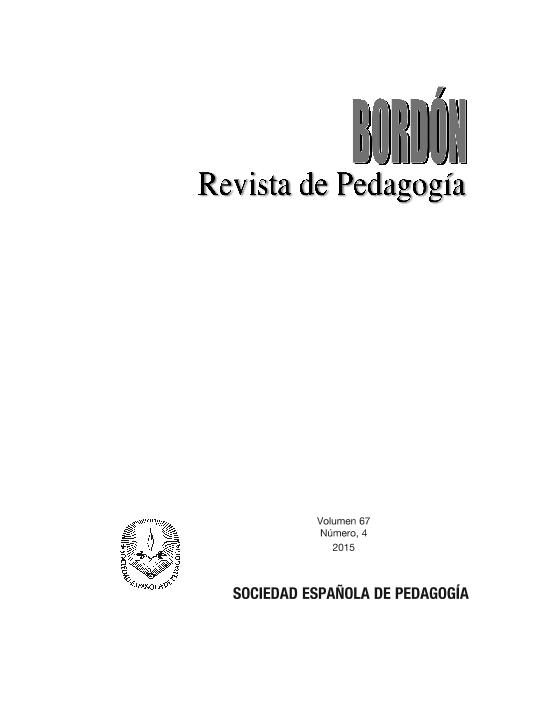Artículo
Evaluation of the performance model of social cognitive theory of career: Contributions of differential learning experiences
Fecha de publicación:
10/2015
Editorial:
Sociedad Espanola de Pedagogia
Revista:
Bordon
ISSN:
2340-6577
e-ISSN:
0210-5934
Idioma:
Inglés
Tipo de recurso:
Artículo publicado
Clasificación temática:
Resumen
Introduction. The aim of this study was to evaluate the structure of the self-efficacy sources scale in Mathematics (Usher & Pajares, 2009) and the academic performance model proposed by the Social Cognitive Career Theory (Lent, Brown & Hackett, 1994), considering the self-efficacy sources, self-efficacy beliefs, outcome expectations, and goals. Method. We evaluated 574 Argentinean teenagers (between 12 and 16 years of age, M = 13.73). Results. Confirmatory factor analysis showed that the model fitted the data well. Regarding internal consistency, the four self-efficacy sources reported adequate values (>.70). Nevertheless, vicarious experience presented low reliability. Structural equation modeling also indicated that Social Cognitive Career Theory performance model fits adequately to the local population in our study. The contribution of self-efficacy sources to self-efficacy beliefs was consistent with other research. In the case of outcome expectations, there was only a significant contribution from vicarious learning and physiological and emotional states. Discussion. We discuss these results and analize the limitations in order to propose further studies.
Archivos asociados
Licencia
Identificadores
Colecciones
Articulos(CCT - CORDOBA)
Articulos de CTRO.CIENTIFICO TECNOL.CONICET - CORDOBA
Articulos de CTRO.CIENTIFICO TECNOL.CONICET - CORDOBA
Articulos(CIECS)
Articulos de CENTRO DE INVESTIGACIONES Y ESTUDIO SOBRE CULTURA Y SOCIEDAD
Articulos de CENTRO DE INVESTIGACIONES Y ESTUDIO SOBRE CULTURA Y SOCIEDAD
Citación
Zalazar Jaime, Mauricio Federico; Cupani, Marcos; de Mier, Mariela Vanesa; Evaluation of the performance model of social cognitive theory of career: Contributions of differential learning experiences; Sociedad Espanola de Pedagogia; Bordon; 67; 4; 10-2015; 153-169
Compartir
Altmétricas




